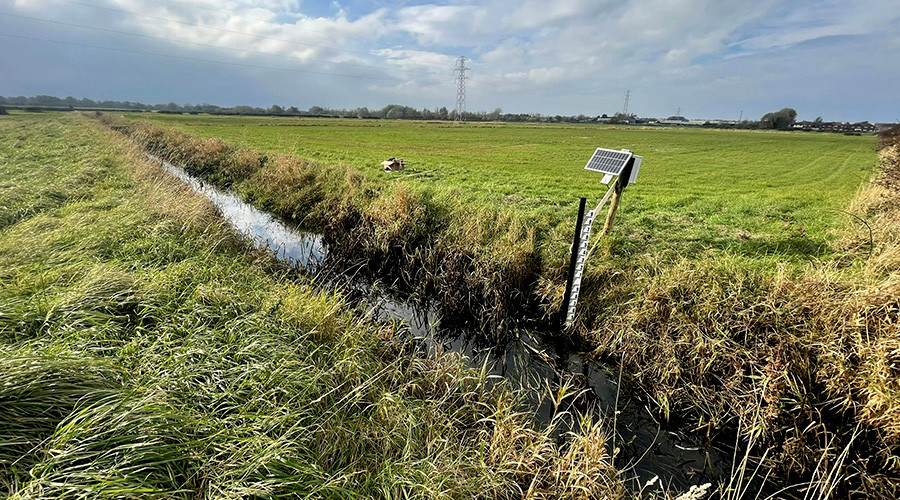The big news over the last month has been the referendum in which the UK electorate chose to exit the European Union. But how might this affect your money?
Short term
The short-term impact on UK shares has been muted, with the main FTSE100 index actually rising strongly following the Brexit vote.
Many pension and ISA investors who have their money invested in shares and share-based funds have seen the value of their investments increase as a result.
The most significant impact has been to the value of the pound, which has fallen by about 10%. Whilst a fall in the value of the pound is bad news for those of us taking our summer holiday abroad, it is good news for companies who have significant foreign earnings.
When they bring those foreign currency earnings back into the UK, they have a higher value when converted back into pounds.
The 2016 Finance Bill is already running behind schedule. And with a Conservative leadership election taking place, it is entirely possible the Finance Act may not get passed as planned in early October.
With a new Prime Minister now in place, and a new Chancellor of the Exchequer appointed, with a new vision of what needs to be done, an emergency Budget has already been ruled out, so we now await an Autumn Statement.
What might happen next?
Whether the UK economy actually slows down or enters recession remains to be seen.
Markets hate uncertainty, act in advance of what they think might happen, and tend to assume the worst case scenario.
The government and the Bank of England have announced plans to stimulate the economy, which may stave off a slowdown but lead to even lower interest rates.
People who hold their savings and investments in cash should prepare for this possibility. Over most long-term periods in history, cash hasn’t performed as well as shares. And, the real value of cash savings can also be eaten away by inflation.
One investment mantra reinforced by events of the last few weeks is that it is good to spread your investments.
When markets are turbulent, diversity often pays off, for example funds that invest in foreign shares will have benefited from the strength of foreign currencies relative to the pound.
Bonds – that is loans to the government (gilts) or to companies (corporate bonds) – have also done well as investors seek out a safe haven.
Those who are invested in with-profits funds or outcome-oriented funds, which target certain returns whilst minimising volatility, are less likely to experience the strong up and down swings that pure equity investors have felt.
The changes we might see in the tax system revolve around the formal date of exit from the EU.
In the period prior to exit, two key principles guide the application of taxes within the UK:
Firstly, direct taxes. These are imposed by UK law but must be operated in accordance with EU law.
Secondly, VAT. This is both imposed and operated in accordance with EU law. For direct taxes particularly, within these broad constraints the rates of tax and structure of the tax system will be set in accordance with the requirements of the tax-raising powers of the parliaments in Westminster , Holyrood and Stormont.
Long term –The future of VAT?
The process of divorce from the EU (under article 50) is likely to start in late 2016 and continue to late 2018, or possibly longer.
In the short to medium term, tax and regulations tied to European law –VAT, for example – won’t change.
Changes on VAT on domestic fuel were promised by the Leave side, but are unlikely to happen as VAT has been proven to be the most efficient taxes around the world and collects £115bn a year for the UK government.
In the longer term, there will be no need for referrals to the European Court on VAT matters so in time this tax is likely to become a more distinct and bespoke tax in the UK, which will be free to extend the scope of zero rating and exemptions from VAT without the fear of a referral to the Court.
VAT is likely to become more political without the restriction of EU rules, so changes may be introduced in response to pressure groups.
This could actually introduce more complexity to the system rather than simplicity.
The first casualty of the Brexit vote may be a proposed change in VAT rate from 1 August 2016 on the installation of solar panels and other energy-saving items.
A European Court of Justice ruling had required that the UK put up the VAT rate from 5% to 20% on such supplies, but this change is not in Finance Bill 2016, so may not now happen.
At the point that the UK leaves the EU, all sales into and from EU countries will become exports and imports, not intra-EU movements, and will be subject to a different VAT treatment; and VAT on expenses incurred in other EU countries may be more difficult to recover.
Finally after the UK achieves exit, the government will no longer need to seek European approval in respect of state aid on tax incentives such as Research and Development tax credits, the patent box, and executive investment schemes (EIS & SEIS), but we may well see more tax incentives introduced to encourage investment in the UK.































